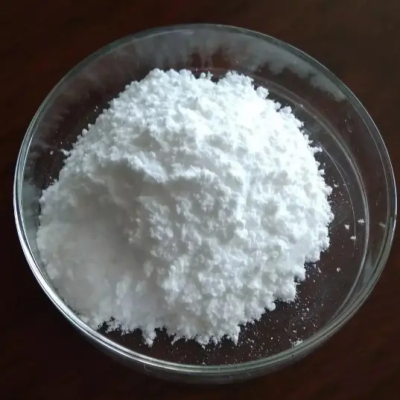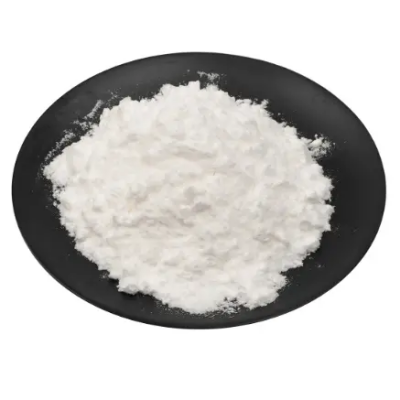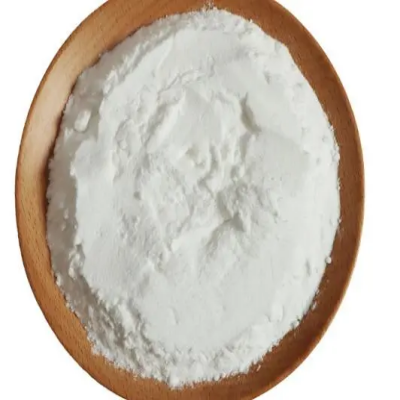Uridine CAS:66-22-8
Uridine has diverse applications in biochemical, pharmaceutical, and nutritional contexts. As a component of RNA, uridine is essential for the synthesis and repair of genetic material, contributing to fundamental cellular functions such as protein production and gene expression. Its role in nucleic acid metabolism underscores its significance in supporting cellular proliferation, tissue renewal, and overall physiological homeostasis. In the field of pharmacology, uridine and its derivatives have been studied for their potential therapeutic effects on neurological function and cognitive health. Research suggests that uridine may influence neurotransmitter systems, synaptic function, and neuroplasticity, thereby prompting investigations into its use for cognitive enhancement, memory support, and neuroprotective interventions. These findings have led to interest in uridine-based compounds for potential applications in addressing neurodegenerative disorders and cognitive impairments. Furthermore, uridine is utilized in the development of nutritional supplements aimed at supporting brain health, cognitive function, and overall well-being. Its incorporation into dietary formulations and nootropic products reflects its role in promoting cognitive performance, mental clarity, and mood regulation. Uridine's presence in these supplements is based on its potential to enhance neuronal membrane integrity, modulate neurotransmitter levels, and support the production of essential brain compounds such as phospholipids. Moreover, uridine monophosphate, a derivative of uridine, is employed in the treatment of certain metabolic disorders characterized by impaired pyrimidine biosynthesis. This application highlights the therapeutic relevance of uridine and its derivatives in addressing inborn errors of metabolism and related conditions where supplementation with pyrimidine nucleotides is necessary to support normal physiological processes and biochemical pathways. Additionally, uridine's potential role in liver health and hepatoprotection has been explored, particularly in the context of mitigating liver damage and supporting liver function. Studies indicate that uridine may exert beneficial effects on liver regeneration, lipid metabolism, and hepatic inflammation, suggesting its possible utility in liver disease management and therapeutic interventions targeting liver-related conditions. Overall, uridine exhibits versatile applications in nucleic acid metabolism, neurological health, cognitive support, nutritional supplementation, metabolic disorders, and liver health, reflecting its diverse roles in biochemistry, medicine, and human physiology. Its multifaceted functions make it a subject of ongoing research and potential clinical interest across various fields of healthcare and biomedicine.



| Composition | C4H4N2O2 |
| Assay | 99% |
| Appearance | white powder |
| CAS No. | 66-22-8 |
| Packing | Small and bulk |
| Shelf Life | 2 years |
| Storage | Store in cool and dry area |
| Certification | ISO. |









